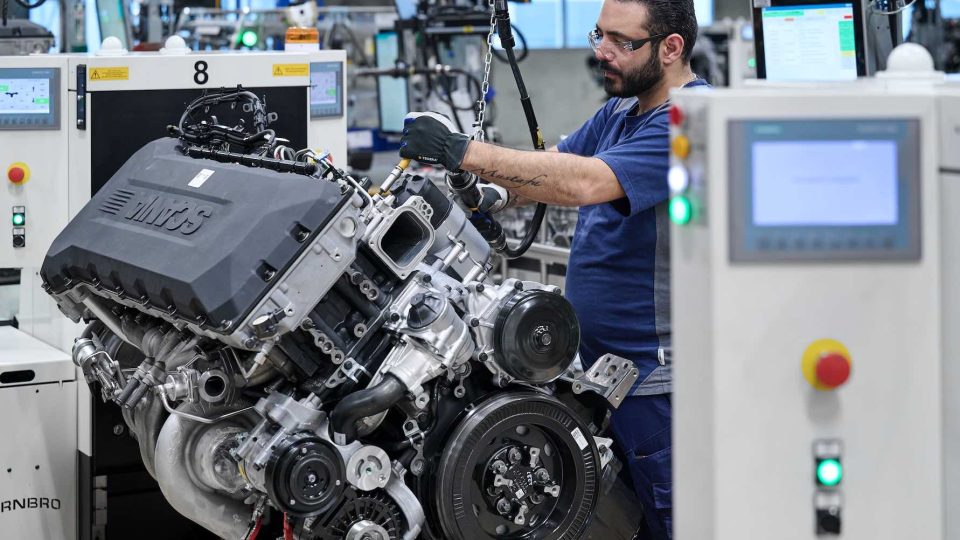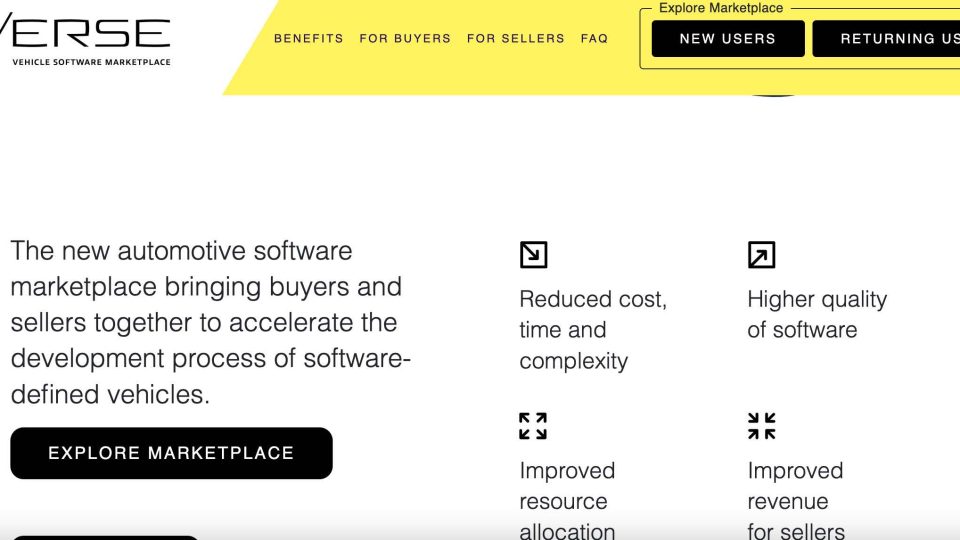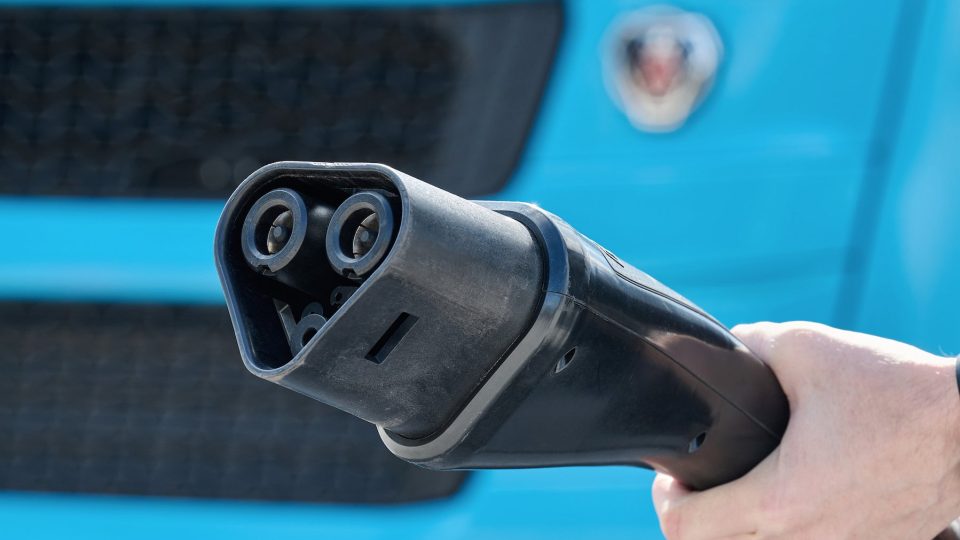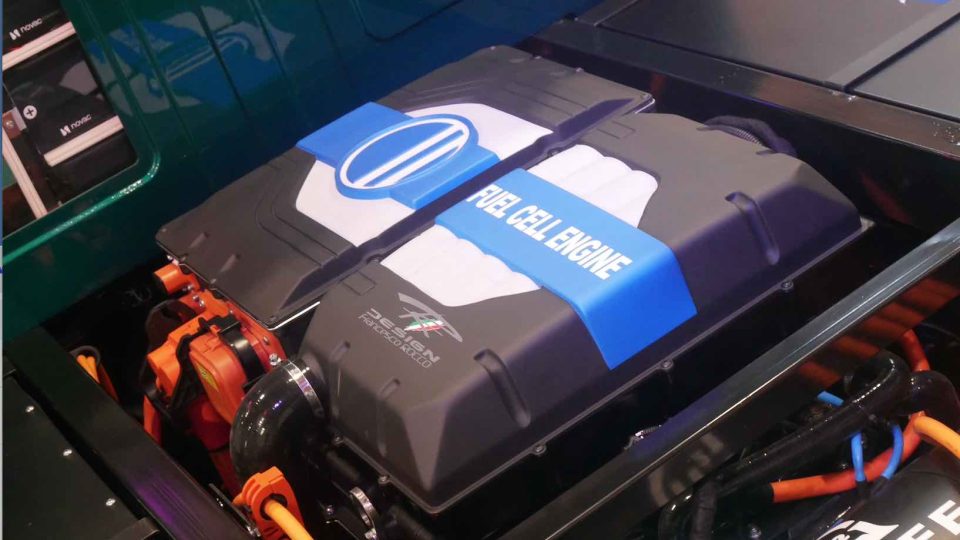Bosch Engineering and Ligier Automotive: a partnership for vehicles with a hydrogen engine
Bosch Engineering and Ligier Automotive have established a strategic partnership for developing high-performance hydrogen engine vehicles. The hydrogen-powered Ligier JS2 RH2 will be equipped with a new type of carbon monocoque featuring three integrated hydrogen tanks.
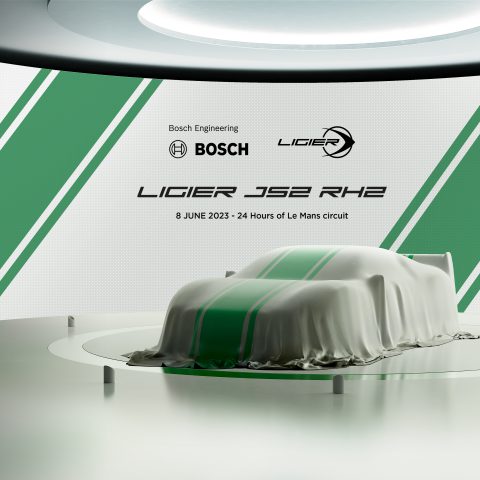
Bosch Engineering and Ligier Automotive have established a strategic partnership for developing high-performance hydrogen engine vehicles. The first step of the joint activities is to construct a demonstration vehicle based on the Ligier JS2 R. Compared to the production vehicle, the hydrogen-powered Ligier JS2 RH2 will be equipped with a new type of carbon monocoque featuring three integrated hydrogen tanks. A converted standard V6 gasoline engine is used as the drive. In the coming months, the two companies will work closely together to adapt the technology of the innovative vehicle so that it can already be driven on test tracks this summer.
Drawing on more than 20 years of experience as a specialized development partner for, among others, super sports cars, special projects, and motorsports, Bosch Engineering handles the overall vehicle concept. In particular, this involves the engine, the hydrogen storage tank, and a holistic safety concept for the hydrogen.
As a racing specialist, Ligier Automotive brings many years of expertise in vehicle technology, engine design, and testing into the project. In the joint project, Ligier Automotive is responsible for the vehicle architecture and for integrating the H2 system and cooling system into the vehicle.
The goal of the project is to build a high-performance vehicle with a hydrogen engine that delivers drive dynamics equivalent to those of conventional gasoline-powered sports cars and thereby demonstrate the potential that lies in specific vehicle developments in the areas of engine management and hydrogen storage. Furthermore, the project is a testimony to the shared expertise of Bosch Engineering and Ligier Automotive in transferring the complex hydrogen technology into vehicles. The Ligier JS2 RH2 will be officially unveiled as part of the 100thanniversary of the 24 Hours of Le Mans race in June 2023.
“As an engineering service provider, we are open to technology and see it as our task to explore the various technical options on the path to climate-neutral mobility in parallel and to devise the best solution in each case for all the requirements of our worldwide customers. In this context, hydrogen propulsion has great potential, especially in motorsports and high-performance sports cars,” says Johannes-Jörg Rüger, president of Bosch Engineering.
Ligier Automotive’s president, Jacques Nicolet, remarks, “As a manufacturer of racing cars and special vehicles, we must provide the innovations to meet tomorrow’s challenges in order to offer motorsports and high-performance vehicles a new path for development. This project is part of Ligier Automotive’s strategy to become a preferred partner of automotive manufacturers for integrating new energies and new technologies.”






